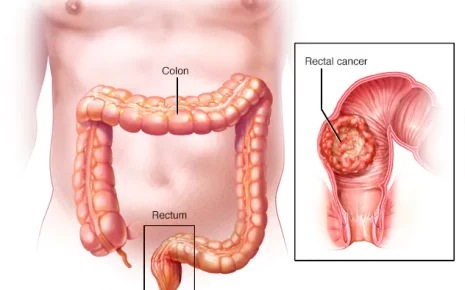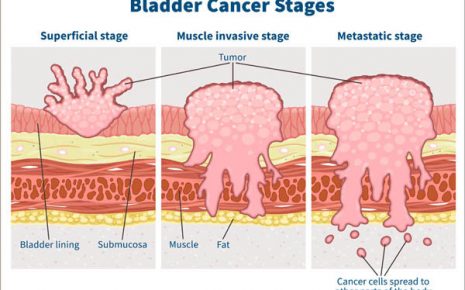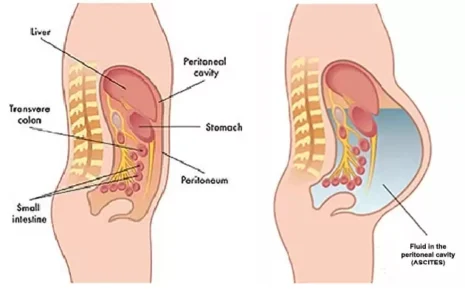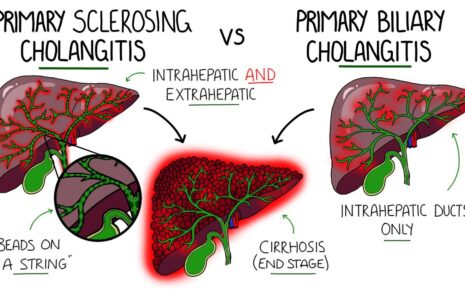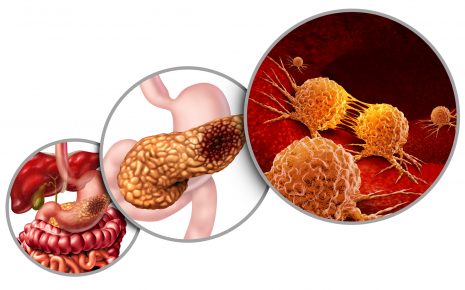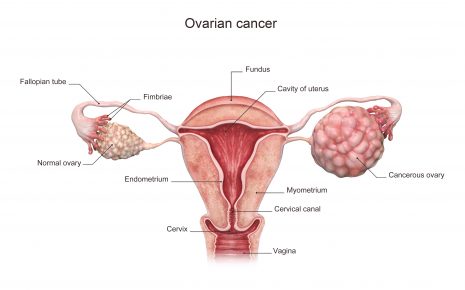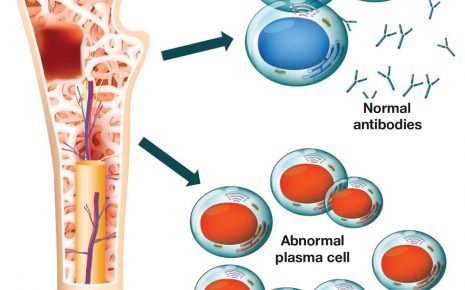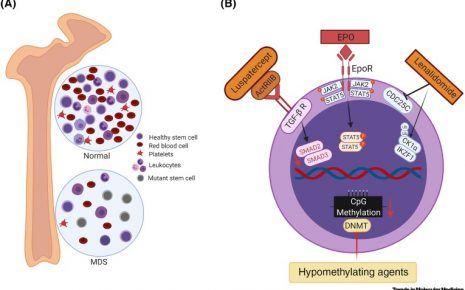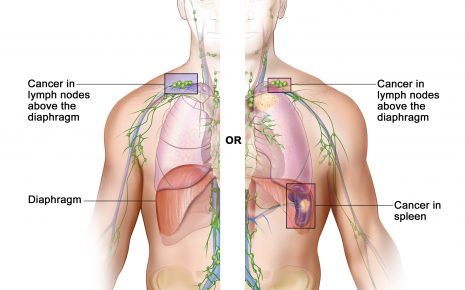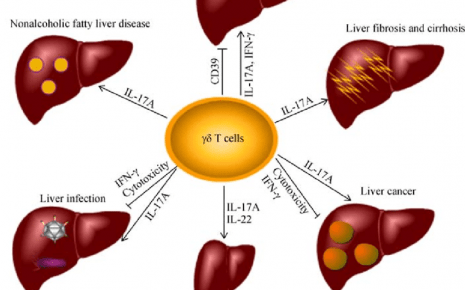What is Rectal cancer?
Rectal cancer is cancer that begins in the rectum. The rectum is the last several inches of the large intestine. It starts at the end of the final segment of your colon and ends when it reaches the short, narrow passage leading to the anus. Cancer inside the rectum (rectal cancer) and cancer inside the …

